To become an anesthesiologist, you'll need to have a thorough understanding of the risks of painkillers and have the ability to monitor the recovery of patients. They also help patients during various medical procedures and monitor outpatient conditions. A Ph.D. in Anesthesiology takes two to three years to complete. This degree requires you to take four years of post-graduate study to earn it.
During your Ph.D. program, you'll study a broad array of topics that can apply to your area of interest. Some of the courses you'll take will be based on drug administration, patient wellness, and collaboration with other doctors. In addition, you'll have the opportunity to specialize in certain areas of anesthesia, which allows you to do research and develop new treatments. To find out if a Ph.D. in Anesthesiology is right for you, start your search today by contacting admissions offices at reputable colleges and universities and completing your application.
A Ph.D. in Anesthesiology can lead to a variety of career opportunities. Those with this degree can work for hospitals, surgery clinics, emergency care facilities, and hospices. If you'd like to be a professor or research developer, you can work as a clinical anesthesiologist at a university. If you'd like to learn more about the field of anesthesiology, contact the admission offices of accredited schools directly.
Ph.D. in Anesthesiology Eligibility
Candidates who want to take admission in Ph.D. must have a post-graduate degree in Anesthesiology and its relevant discipline with at least 55% marks from a recognized university and must have passed the national level entrance examination or university level entrance examination. National level entrance exams like UGC NET / UGC CSIR NET / GATE / SLET or University entrance exams consist of written tests and personal interviews.
The Benefits of a Ph.D. in Anesthesiology
The benefits of pursuing a Ph.D. in Anesthesiology are numerous. First, you'll be able to pursue research in your field. The goal of an anesthesiology Ph.D. is to advance the field through research while creating an environment that fosters knowledge acquisition and dissemination. In addition, you'll be able to focus on basic and clinical experimentation.
You can earn your Ph.D. in Anesthesiology from a top university. Many medical schools offer programs in this field. The University of Washington's Department of Anesthesiology and Pain Medicine is one of the most highly regarded grant-funded anesthesiology departments in the U.S. Faculty in this department are internationally renowned for their scholarship in multiple disciplines. They focus on topics such as neuroscience, pain physiology, bioethics, and outcomes research.
Another benefit of pursuing a Ph.D. in Anesthesiology is the opportunity to pursue research. The Department of Anesthesiology at Harvard University is home to the APP. This program is designed to foster the career development of physician-scientists. It offers students research time during clinical anesthesiology training and collaborates with clinician-scientists at MCW. APP members are required to demonstrate clinical excellence in order to be eligible for research time.
Moreover, a Ph.D. in Anesthesis is a highly rewarding career. In addition to being a highly rated physician, you'll be able to lead a successful multi-disciplinary research team. In addition to assisting with surgical interventions, an anesthesiologist may also conduct research on pain management, chest pain, and other conditions.
The Career and Job Opportunities of Ph.D. in Anesthesiology
Anesthesiology is an exciting and varied field, with many rewarding career opportunities. Anesthesiologists are involved in various surgical procedures and use specialized equipment. They must be technically skilled and have a steady hand. They must also be able to work well with other medical staff and surgeons. They must have a good bedside manner and be able to communicate well with patients. Those who wish to work in an academic setting can also attend scientific meetings and participate in research and clinical trials.
Anesthesiologists often find employment in the operating room or emergency room, where they provide pain relief to patients. They may also work in dental offices or in hospital emergency rooms. Anesthesiologists must have excellent interpersonal skills and the ability to talk with patients. They must also be able to sit for long periods. As an academic anesthesiologist, it's possible to advance rapidly.
Anesthesiologists can work in hospitals and medical centers, in both private and public practice. Their primary function is to provide pain relief during surgical procedures. Some anesthesiologists also work in emergency departments or in dental offices. Their primary responsibility is to explain technical issues to patients and explain the different types of anesthesia. They need excellent interpersonal skills and should be willing to spend a lot of time in front of patients.
The Future Scope of Ph.D. in Anesthesiology
The field of anesthesiology is undergoing a sea change in recent years, as its role has expanded beyond the operating room and into other medical fields. This change is largely due to research, which has played an integral role in the evolution of the specialty. Despite the many challenges facing the profession, there are many opportunities for those who pursue a Ph.D. in Anesthesiology.
As an anesthesiologist, you must have advanced knowledge of human anatomy, physiology, pharmacology, and medical physics. You should have a thorough understanding of all aspects of medicine, but a major focus should be on the specific aspects of surgery. A physician anesthesiologist not only administers anesthesia during a surgical procedure, but also helps maintain situation awareness, promotes recovery, and provides a high standard of patient care.
If you have the skills to succeed in the field, it is likely that you'll work in an area of need. The need for a large supply of anesthesiologists will continue to grow. Therefore, a Ph.D. in anesthesiology can help you gain additional experience, and even become a faculty member at an NMC-recognized medical college offering a DM course.
Ph.D. Research Programme duration
The Ph.D. in Anesthesiology course is a minimum of 3 years and a maximum of 5 duration. This depends on the university offering the course.
Fees for research program for Anesthesiology
The average fee for Ph.D. in Anesthesiology degree is between INR 50000 and INR 500000.
 5 Years
5 Years
 PhD
PhD
 Research
Research







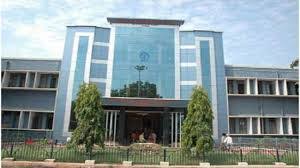
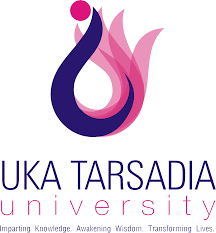
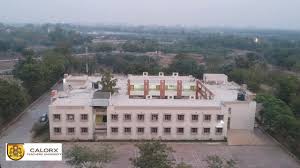

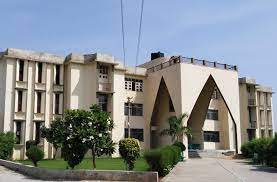
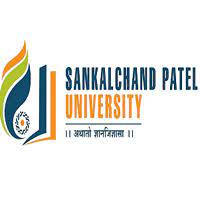


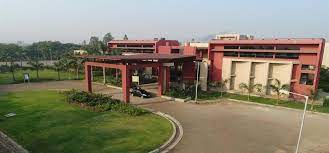





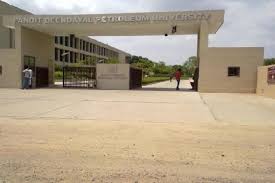


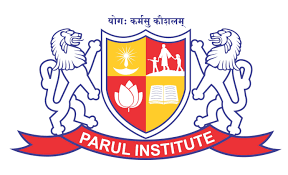





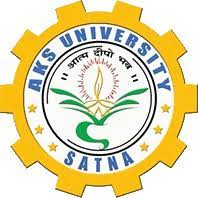



 back
back